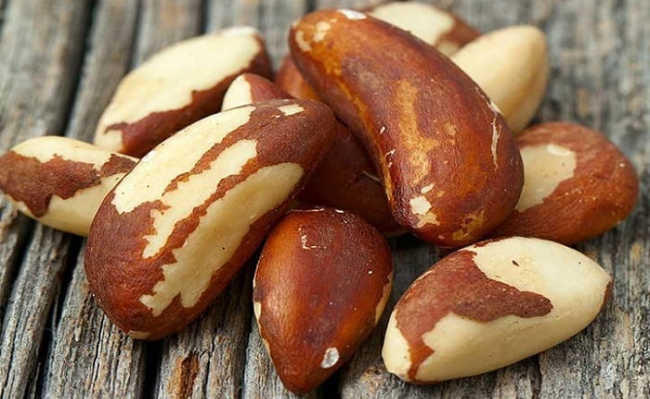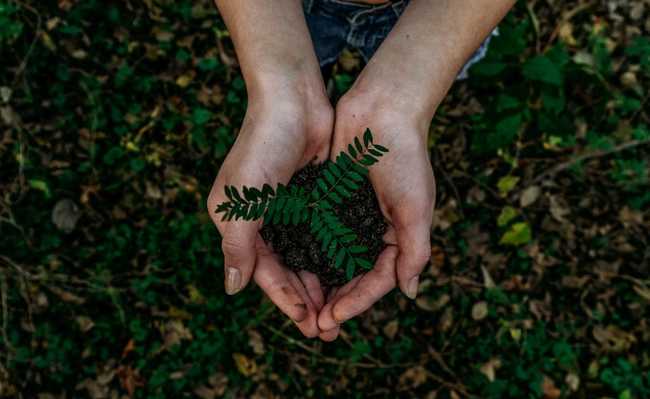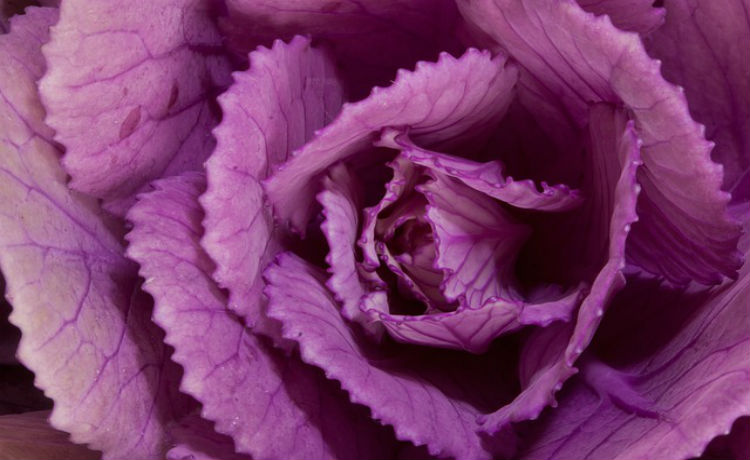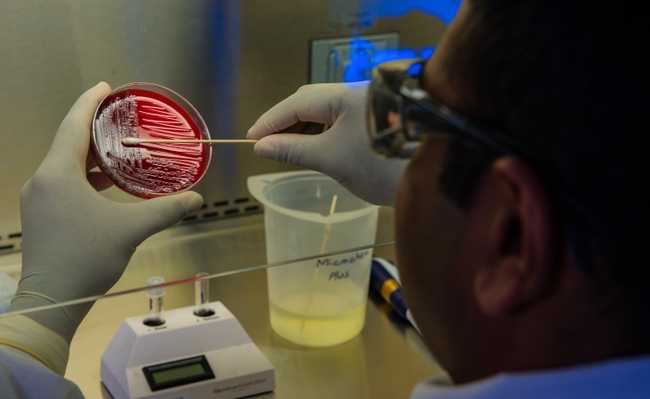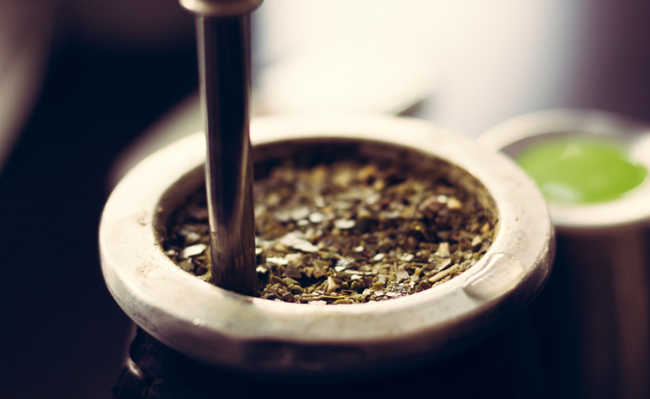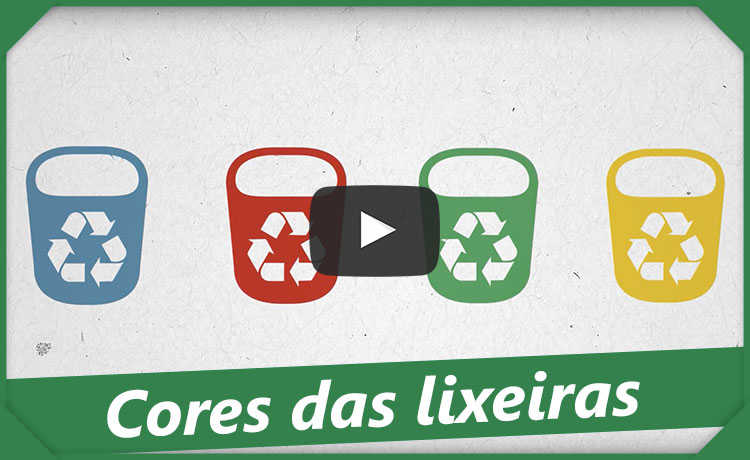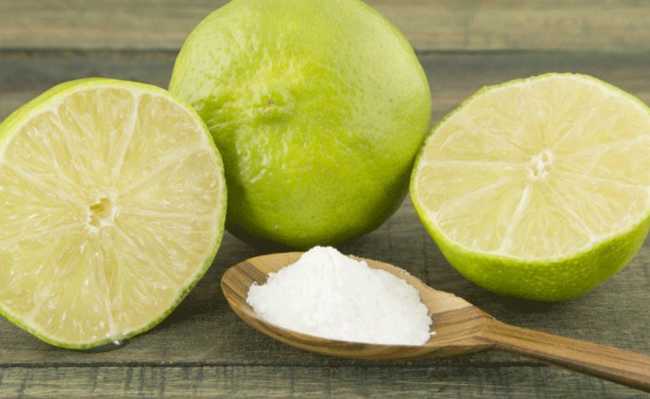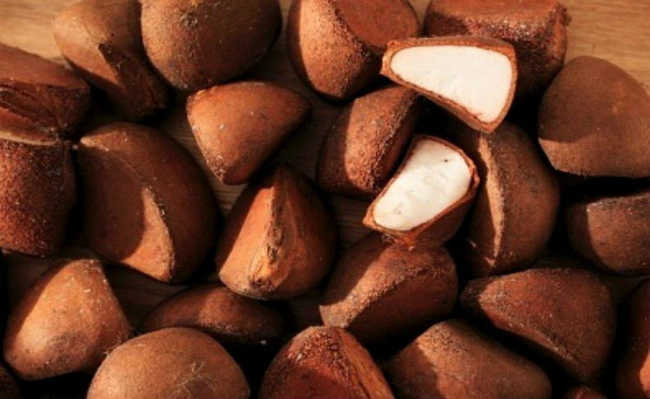How to reuse cooking water?
Reusing cooking water is a way to prevent the loss of food nutrients

Edited and resized image of Zichrini is available on Pixabay
After cooking some food, the most common destination for the water used is the drain. This creates waste, both in water and in food nutrients, as they could all be reused in other circumstances. Check out some tips on how to reuse cooking water.
Don't cook with too much water
First, it's important to know that there are several vitamins and minerals that are water soluble. Therefore, care must be taken to minimize the loss of these nutrients during the cooking process. Cooking all food with a lot of water can destroy the nutrient richness of certain foods.
Reuse of water
When vegetables are cooked in water, most vitamins and nutrients are lost - some even reduce their properties by half. A tip to make better use of what is retained in water is to use it to cook other foods. Cook rice and beans with the water you used for vegetables, for example. This is a great way to reuse cooking water.
When you cook legumes such as lentils, beans, and chickpeas, reuse the cooking water to make aquafaba, an ingredient that can be used to make mousses, meringues, vegan mayonnaise, and egg whites in vegan snow. Learn more about aquafaba in the article: "Aquafaba: benefits, recipes and how to do it".- Vegan philosophy: know and ask your questions
If you are not preparing another food, a good tip is to use water to water plants, precisely because of the enrichment of vitamins and minerals. The same can be done in the case of boiling some eggs - the water used is enriched with calcium. Just be careful not to pour the boiling water directly onto the plants.
According to nutritionist Jéssica Pandolfi, despite the benefits, beetroot, soy and especially spinach have a high content of oxalate, an antinutrient that hinders the absorption of the minerals iron, calcium and zinc. It is not good for the body and, in excess, can give kidney stones, or the famous "kidney stones". Therefore, after cooking these foods, do not reuse the water.
Prevent nutrient loss
In order not to let the nutrients in your foods get lost, the tips are: cook them with the skin, as it preserves them; to fry meat, do it over a very high heat, as the intense heat blocks the loss of nutrients; when heating vegetables and legumes, which contain vitamins C and B complex, do not allow the process to take too long - excessive exposure to high temperatures causes loss of vitamins and minerals, which are thermosensitive. A tip from the nutritionist to steam food.

